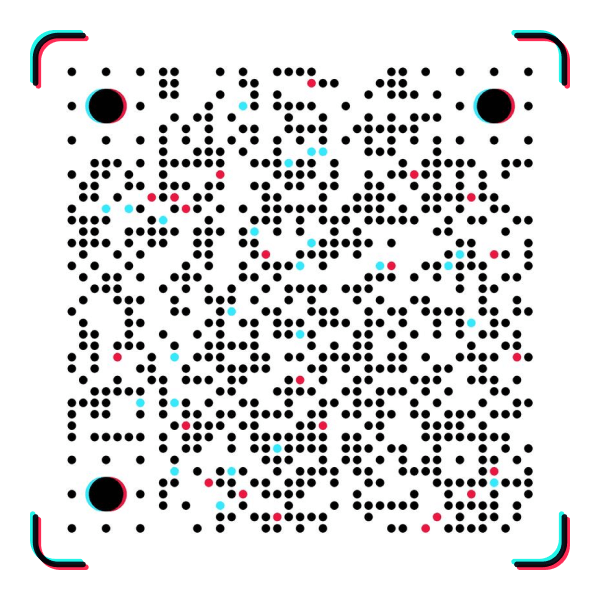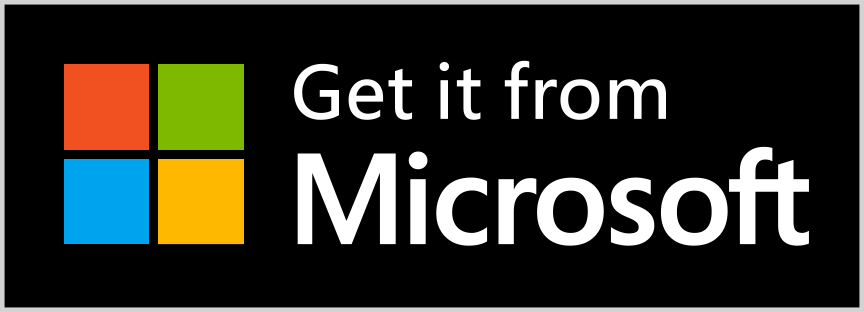
Myth: TikTok's parent company, ByteDance Ltd., is Chinese owned.
Fact: TikTok’s parent company ByteDance Ltd. was founded by Chinese entrepreneurs, but today, roughly sixty percent of the company is beneficially owned by global institutional investors such as Carlyle Group, General Atlantic, and Susquehanna International Group. An additional twenty percent of the company is owned by ByteDance employees around the world, including Australians. The remaining twenty percent is owned by the company's founder, who is a private individual and is not part of any state or government entity.
Myth: TikTok and ByteDance are headquartered in China.
Fact: TikTok, which is not available in mainland China, has established Los Angeles and Singapore as headquarters locations to meet its business needs. That is in keeping with ByteDance's approach to aligning business needs to the markets where its services operate. ByteDance does not have a single global headquarters.
Myth: There is a member of the Chinese government on ByteDance's board of directors.
Fact: This is not accurate. ByteDance's board of directors is comprised of five individuals, none of whom is a part of any government or state entity. 3 of the 5 are American. The board includes:
- Rubo Liang, ByteDance Chairman and CEO (Singapore-based) • Arthur Dantchik, Susquehanna International Group (U.S.-based). Bill Ford, General Atlantic (U.S.-based).
- Philippe Laffont, Coatue Management (U.S.-based).
- Neil Shen, Sequoia (Hong Kong-based).
Four out of five of the board's directors represent ByteDance's investors on the board, and Rubo Liang, ByteDance CEO, represents the company and its employees.
Myth: The Chinese government has a "golden share" interest in ByteDance Ltd.
Fact: As is required under Chinese law, in order to operate certain news and information products that are offered exclusively in China, media licenses are required for those services. As such, an entity affiliated with the Chinese government owns 1% of a ByteDance subsidiary, Douyin Information Service Co., Ltd. This is a common arrangement for companies operating news and information platforms in China. This arrangement is specific to services in the Chinese market, and has no bearing on ByteDance's global operations outside of China, including TikTok, which does not operate in mainland China.
Myth: Decisions about TikTok are made in Beijing.
Fact: This is not true. TikTok's CEO Shou Chew is a third-generation Singaporean who is based in Singapore; Mr. Chew oversees all key day-to-day and strategic decision making when it comes to TikTok. TikTok's COO V Pappas is an Australian, based in the United States, who oversees content, operations, marketing, and product teams for TikTok. TikTok's senior leadership team is based in Singapore, the United States, and Ireland. As would be expected with any subsidiary of a holding company, high level decisions around financial matters and corporate governance are made in concert with the ByteDance board and CEO. None of those individuals reside in mainland China. Three out five members of that board are Americans, and four out of five of them represent the interests of ByteDance's global investors. The fifth member of the board is the ByteDance CEO, who resides in Singapore.
Myth: TikTok manipulates content in a way that benefits the Chinese government or harms Australian interests.
Fact: TikTok is an entertainment app. The content on TikTok is generated by our community. TikTok does not permit any government to influence or change its recommendation model. Users can find a variety of content and views expressed about certain political issues or events, including those which are critical of the Chinese Government and its official positions.
Myth: ByteDance censors TikTok content on behalf of the CCP or Chinese government.
Fact: There are no TikTok content moderators in China. Content moderation on TikTok is overseen by our Singapore, U.S., and Ireland-led Trust and Safety teams. All content is moderated based only on our publicly available Community Guidelines, which are also developed by our Trust and Safety team. Regardless of how content is flagged to TikTok—via formal or informal government request, by our automated systems at time of upload, or from community reports—no content is removed without going through our established moderation processes. TikTok does not remove content on behalf of any government except in compliance with legal process for content that violates local law. TikTok does not operate in mainland China.
Myth: Under its 2017 National Intelligence law, the Chinese government can compel ByteDance to share Australian TikTok user data.
Fact: Australian TikTok user data is stored in Singapore, Malaysia and the US and subject to local laws. TikTok does not store user data in China, has not shared Australian user data with the Chinese government, and would not even if asked.
Myth: TikTok stores Australian user data in China, where Chinese nationals, have access to it.
Fact: TikTok does not store Australian user data in China. Like many global technology companies, TikTok has product development and engineering teams all over the world – including in the United States, China, the United Kingdom, Singapore and Ireland - all collaborating to deliver the best product experience for our community of users. Importantly, user data is stored in Singapore, Malaysia and U.S., and strict protocols govern its access by employees, no matter where they are based.
Myth: TikTok gathers as much data as possible, and the company takes a lax approach to the security of that data.
Fact: The TikTok app is not unique in the amount of information it collects. In line with industry practices, we collect information that users choose to provide to us and information that helps the app function, operate securely, and improve the user experience.
We employ a series of robust controls, safeguards like encryption, and authorization approval protocols to help ensure that data is only accessed by those that need it to allow our business and our service to function.
Per our Internal Data Classification System, the personal data of our TikTok community is classified within the two highest levels of sensitivity, requiring commensurate levels of approvals before access can be granted.
This means that if an employee were required to access user data to perform a function specifically tied to their role (such as debugging, troubleshooting, and performance monitoring to provide an optimal user experience), logged and limited access to that data would only be granted subject to strict controls and safeguards, and adherence to the highest of approval protocols.
Myth: TikTok collects a significant amount of sensitive data on its users.
Fact: TikTok's privacy policy describes the data the company collects. There have been many inaccurate claims about our policies and practices that have gone unaddressed by the media. To be clear, the current versions of the TikTok app do NOT:
- Monitor keystrokes or content of what people type when they use our in-app browser on third party websites.
- Collect precise GPS location in Australia (we only collect approximate location information to ensure a relevant user experience including being served the right ads).
- Use face or voice prints to identify individuals.
In line with industry practices and as explained in our privacy policy, we collect information to help the app function, operate securely, and improve the user experience. We constantly update our app and encourage users to download the most current version of TikTok.
Myth: TikTok takes a lax approach to minor safety & privacy in order to addict teens to its platform.
Fact: TikTok has taken numerous steps to help ensure that teens under 18 have a safe and enjoyable experience on the app, and many of these measures impose restrictions that don't exist on comparable platforms. Accounts registered to teens under 16 are set to private by default and are prevented from sending direct messages; content made by our users under 16 is ineligible for recommendation into the For You feed to further protect privacy and help ensure safety. Per our Terms of Service, TikTok is not available for minors under 13 in Australia.
Our Family Pairing feature also gives parents and caregivers the power to set up screen time management features for their teens account, like a custom screen time limit for each day of the week and set a schedule to mute notifications. Accounts aged 13-15 already do not receive push notifications from 9pm and accounts aged 16-17 have push notifications disabled from 10pm.


